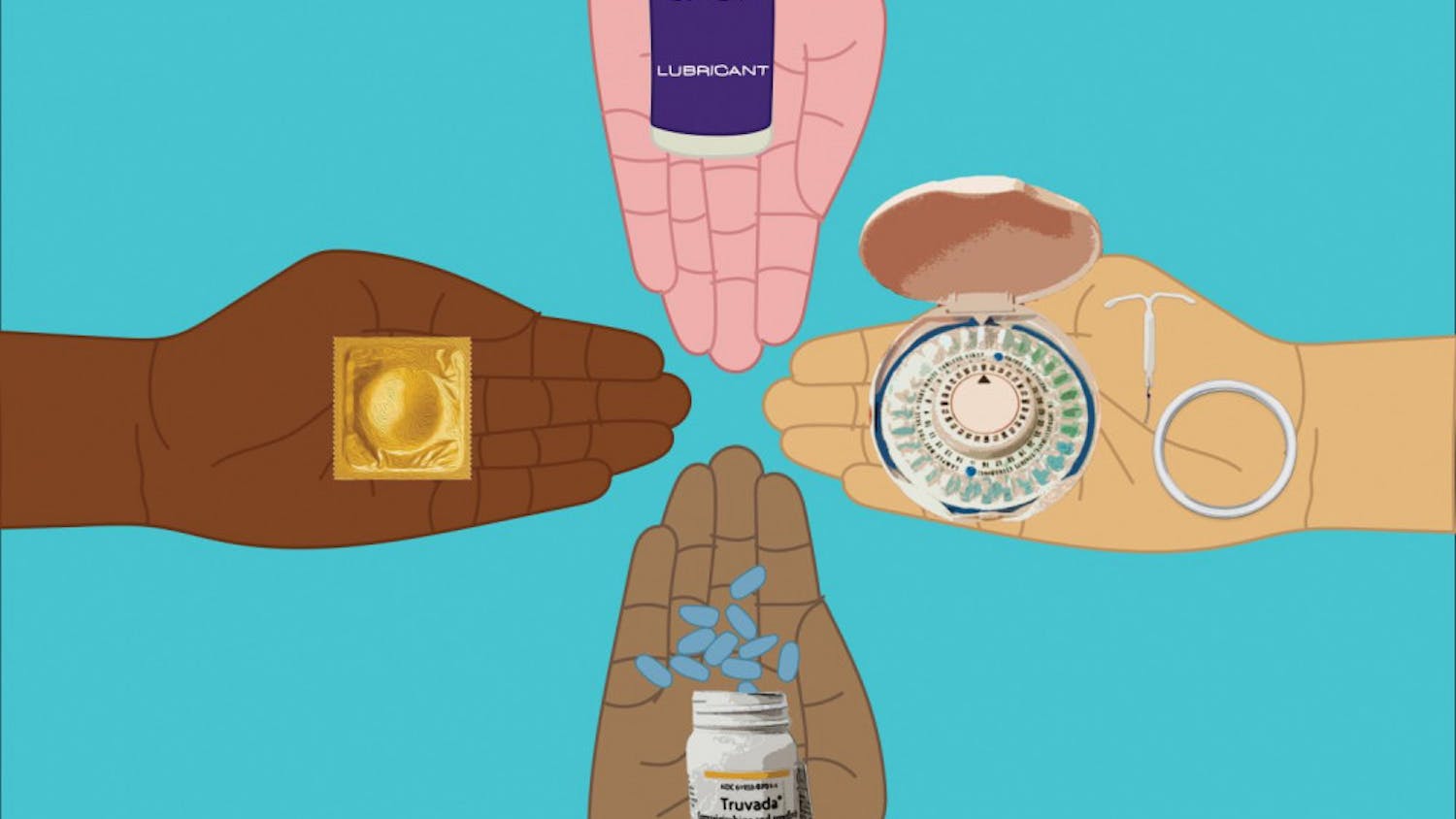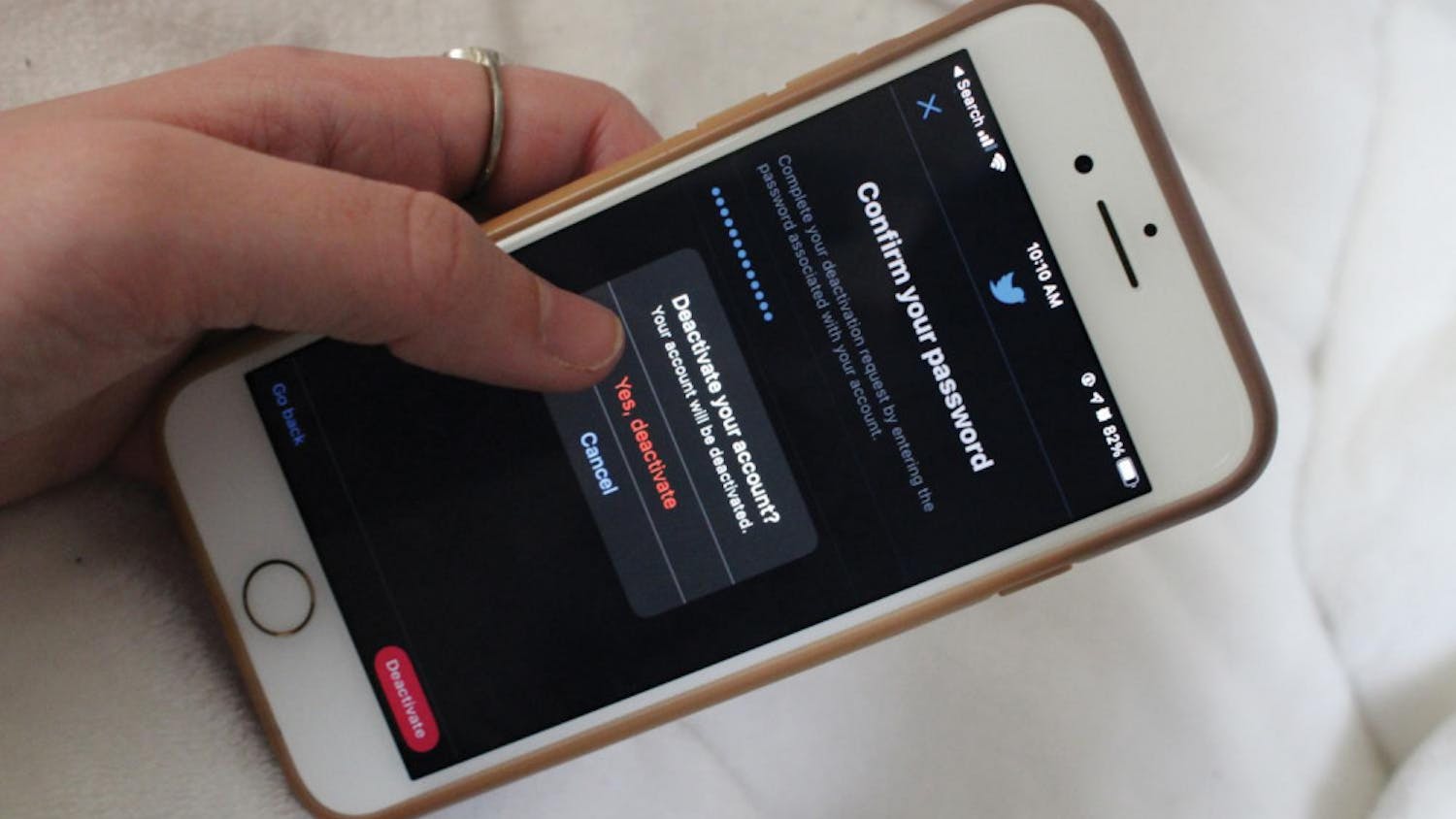I’m sure you’ve heard the phrase “work smarter, not harder.” But if you’ve studied for hours on tests, only to get an F, you probably aren’t.
The truth is, there are multiple evidence-based practices you can use to improve your memory, concentration and encoding skills to help your grades. Now, I’m not saying you should burn your textbooks after reading this. But if you’ve mastered the art of studying, here are some healthy practices you can implement to get better grades.
1. Don’t sleep on sleep.
The amount and quality of sleep you get is the most important factor in creating memories according to The Neuroscientist. Most of us have had psychology, so you should know about encoding, storing and retrieving memories. When we sleep, we go through a process called consolidation, which research suggests has a lot to do with how we encode new information.
2. Wake up early.
There are also many benefits to waking up early—even if you claim you’re not a morning person. In the morning, there are no loud roommates. Everyone you follow on Snapchat is asleep. You have no distractions. Why not get some work done at that time?
Ben Franklin said it best, “Early to bed, early to rise, makes a man healthy, wealthy and wise.”
But if you want something more credible, the Journal of Biological Rhythms reported that morning people slept better than those that woke up later. Their later counterparts were more likely to suffer from sleep disorders. The study also reported that no matter how late these night owls slept in, they always slept for shorter periods of time.
3. Exercise.
This is a no-brainer. By now, you should know that exercise is not just for vanity. Why do you think doctors recommend exercising to reduce the risk of Alzheimer's? According to Mayo Clinic, physical activity helps the brain by delivering more oxygen-filled blood to the brain. Also, exercising releases certain chemicals in the body that help protect the brain.
Once you’re ready for a study break, before zipping down your timelines, try giving yourself a five minute dance break, crank out 50 pushups or 50 squats. Get some blood flowing.
4. Be stingy with your time
A lot of things in life are replaceable: your car, your phone, your hair. But one thing you can never get back is your time.
Be stingy with your time. Use your Notes app to jot down everything you do that’s unrelated to school work, and measure how long it takes you to do that. Do this for at least a week.
I noticed that I spent over an hour and thirty minutes every day eating lunch. And, I was eating alone, so I can’t even say I was having an intense, thought-provoking conversation with someone.
We might want to do other things when we eat, like check out what other people are doing online. That’s great and all because you’re taking a break, but even during a quick break, keep note of how much time you’re spending.
5. Meditate
Meditation is the process of emptying out our thoughts to make room for silence and internal peace. According to Psychology Today, meditation is great for helping us concentrate.
If you don’t know how to meditate, simply do a quick YouTube search. You can also use meditation apps to help you start.
I’m the kind of person that has thousands of ideas in their brain, but if I sit quietly for a long time, I’ll fall asleep. Therefore, I turn to journaling. I write down all the thoughts swirling in my head in the early morning and dump them out on the page.
Obviously, you have to study to get good grades. But to get even better grades, you’ve got to understand the material. To understand the material, you have to concentrate, spend less time on distractions and have a brain healthy enough to encode new information. These habits will do just that, so adopt them and watch your GPA soar.





